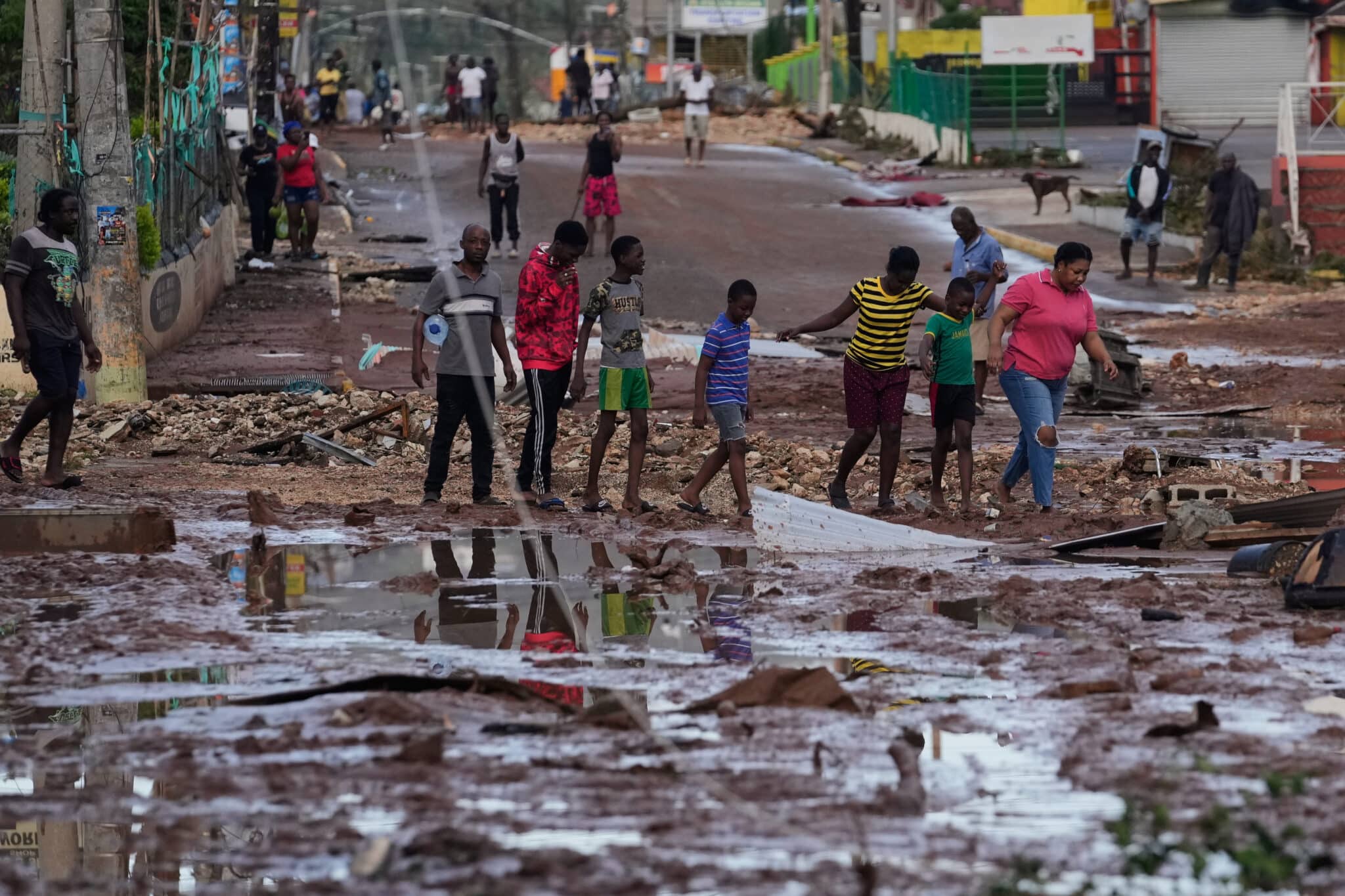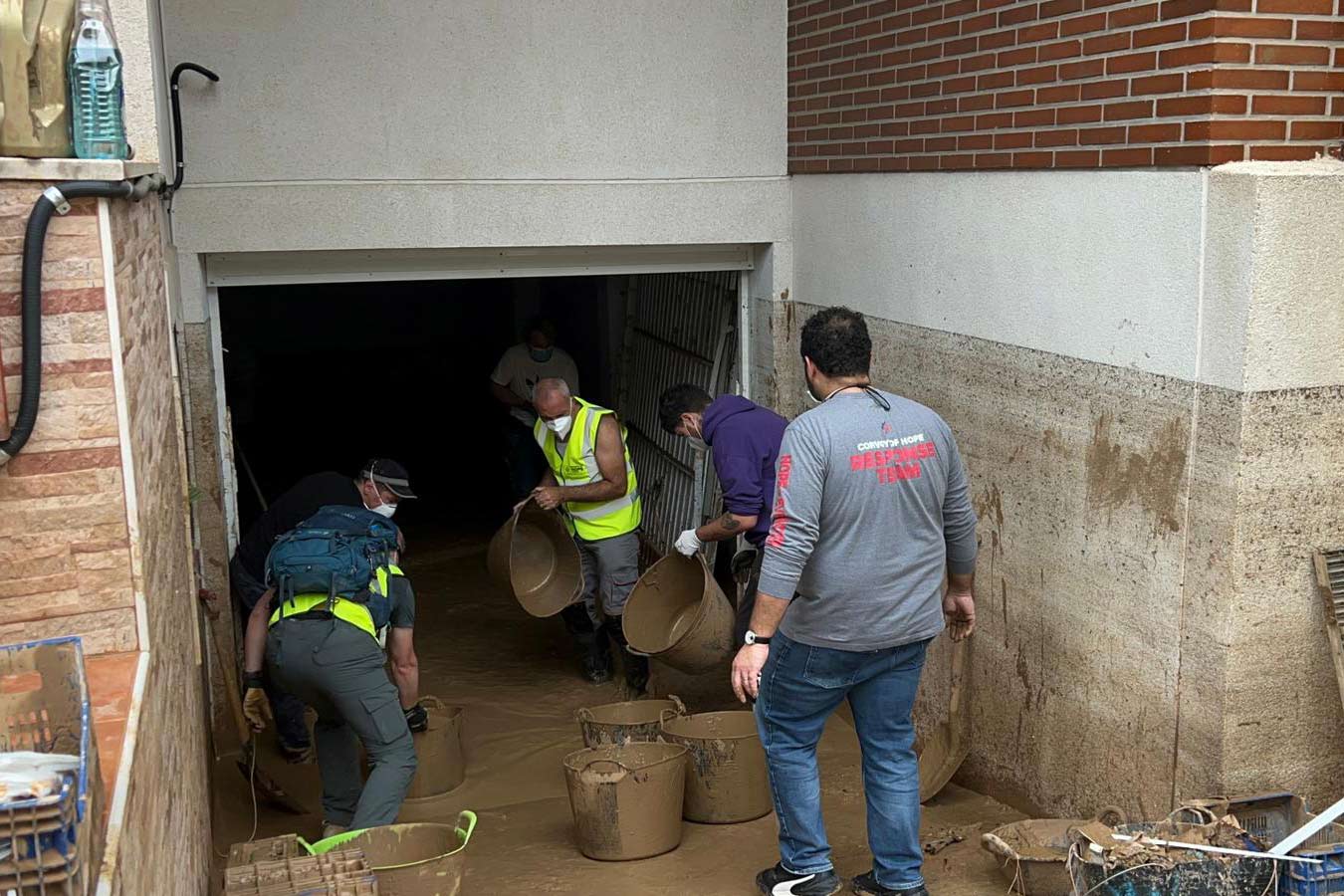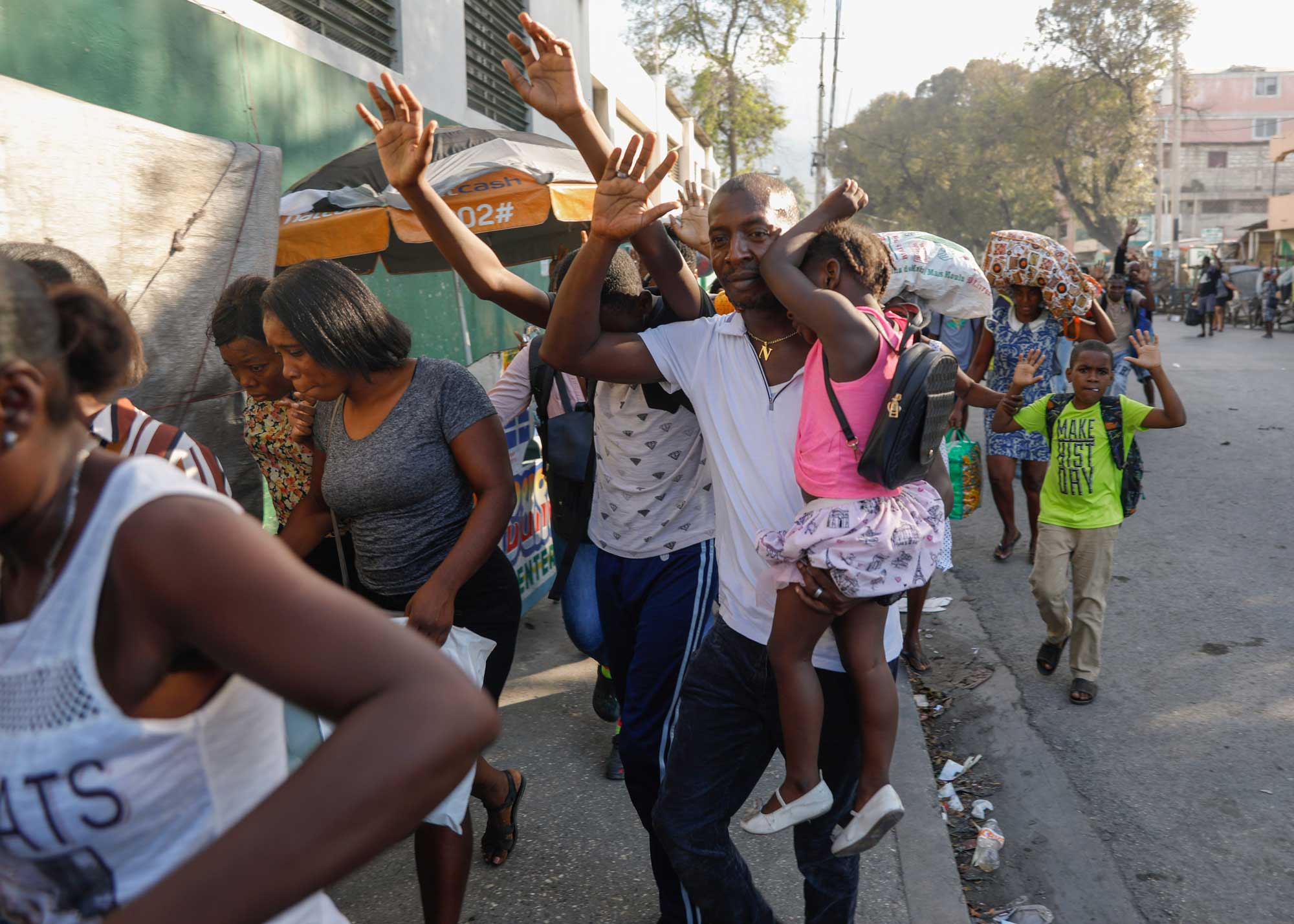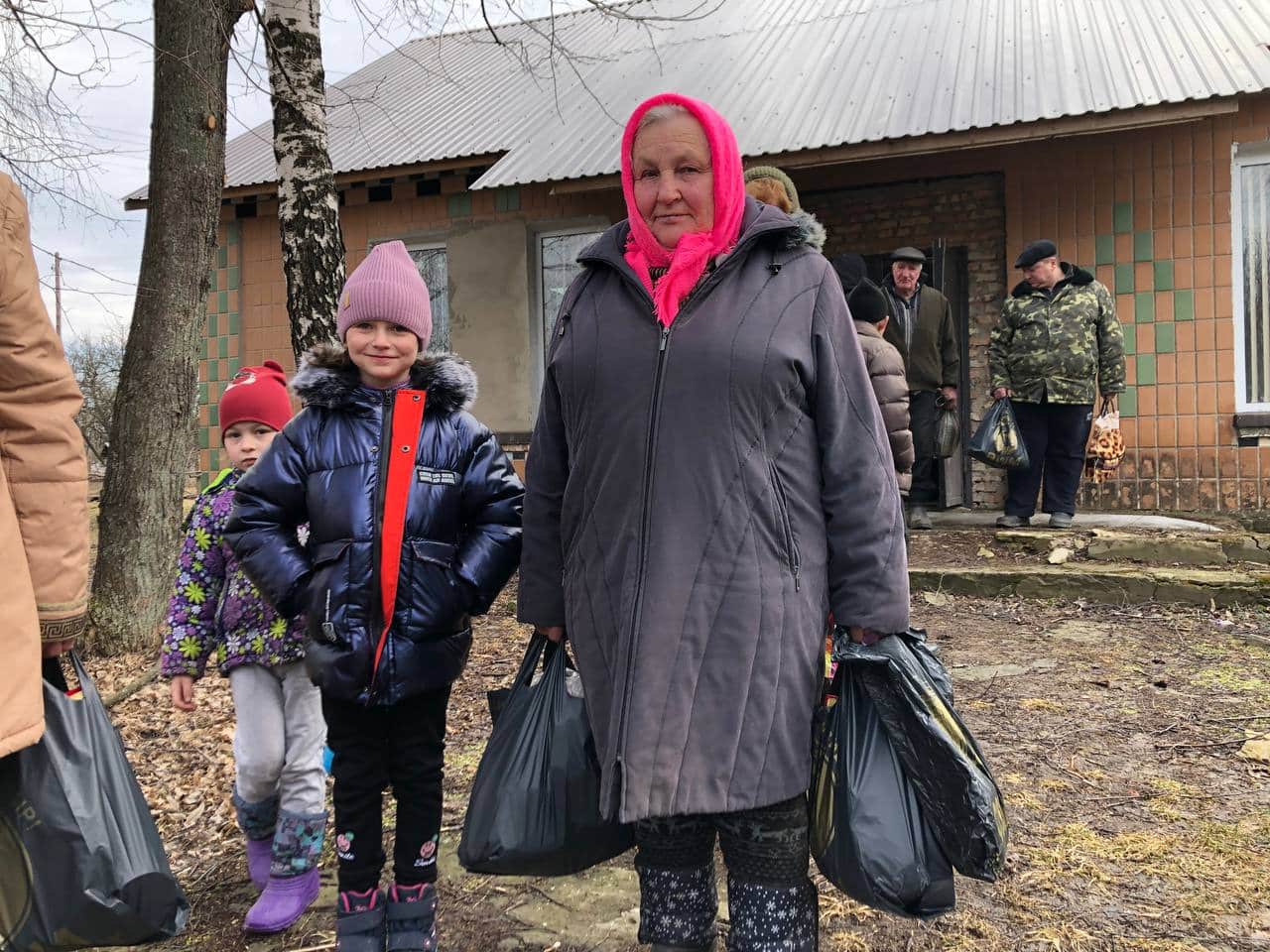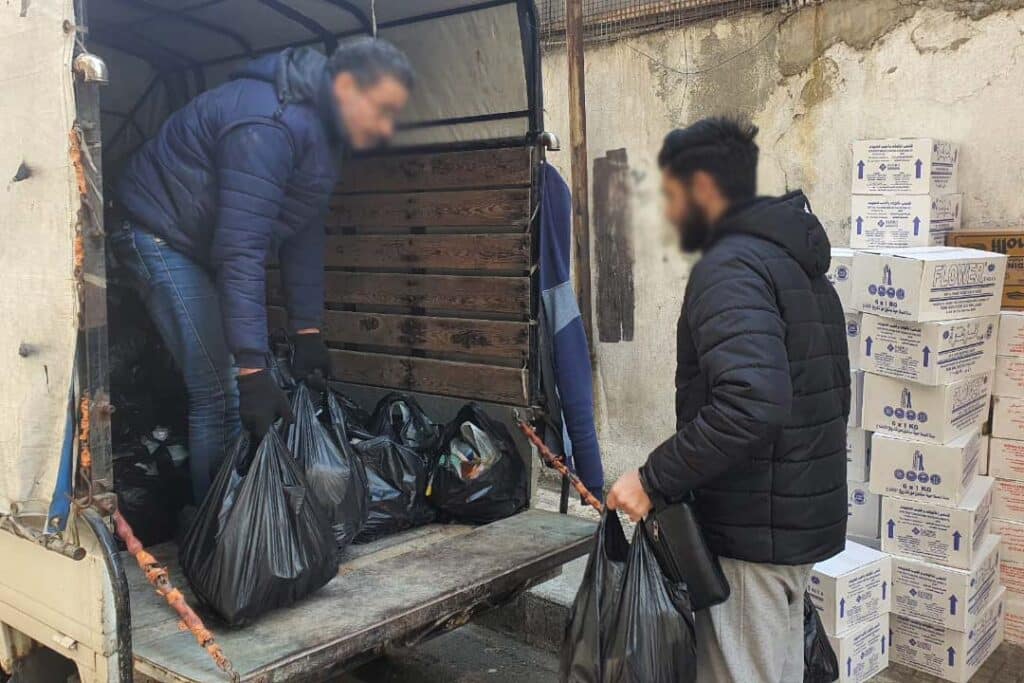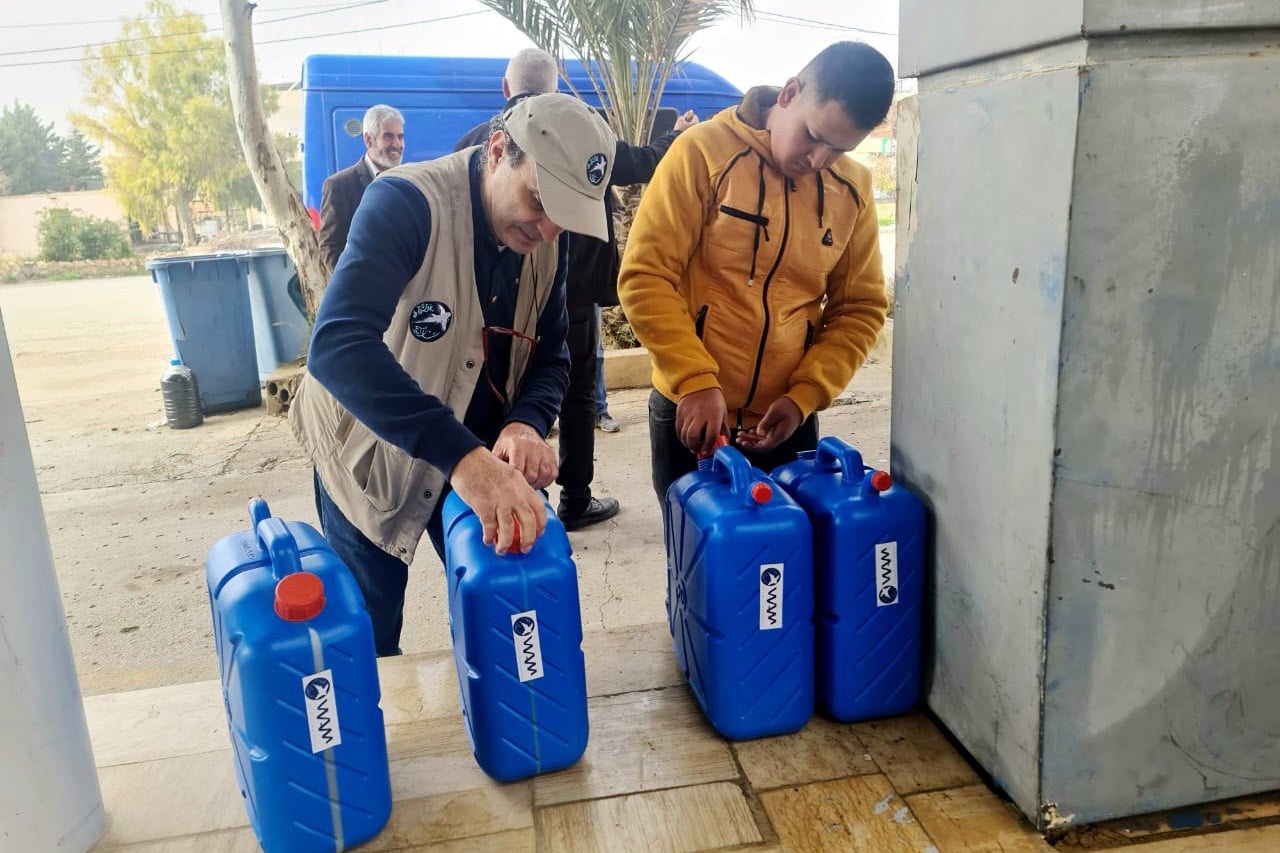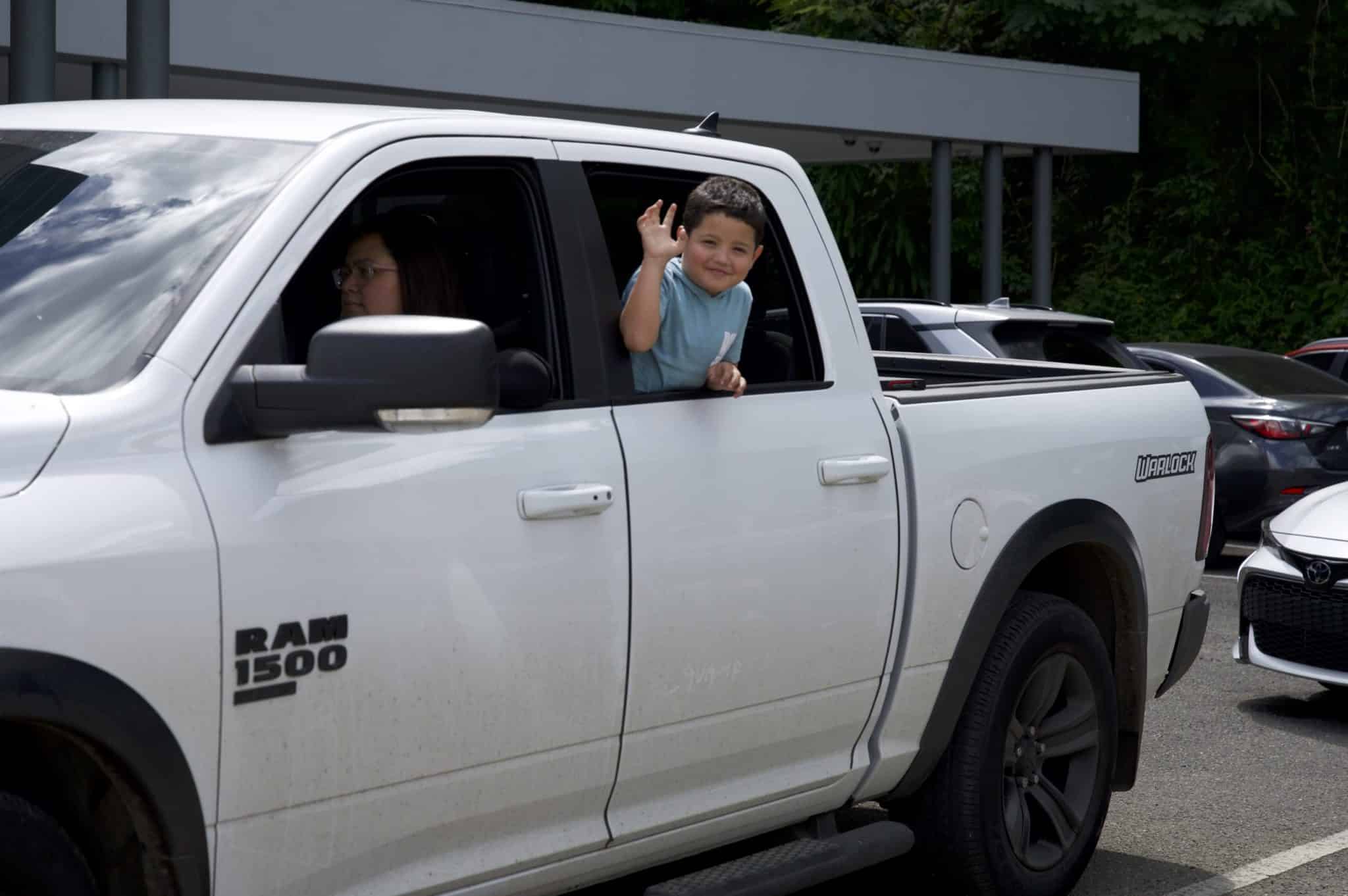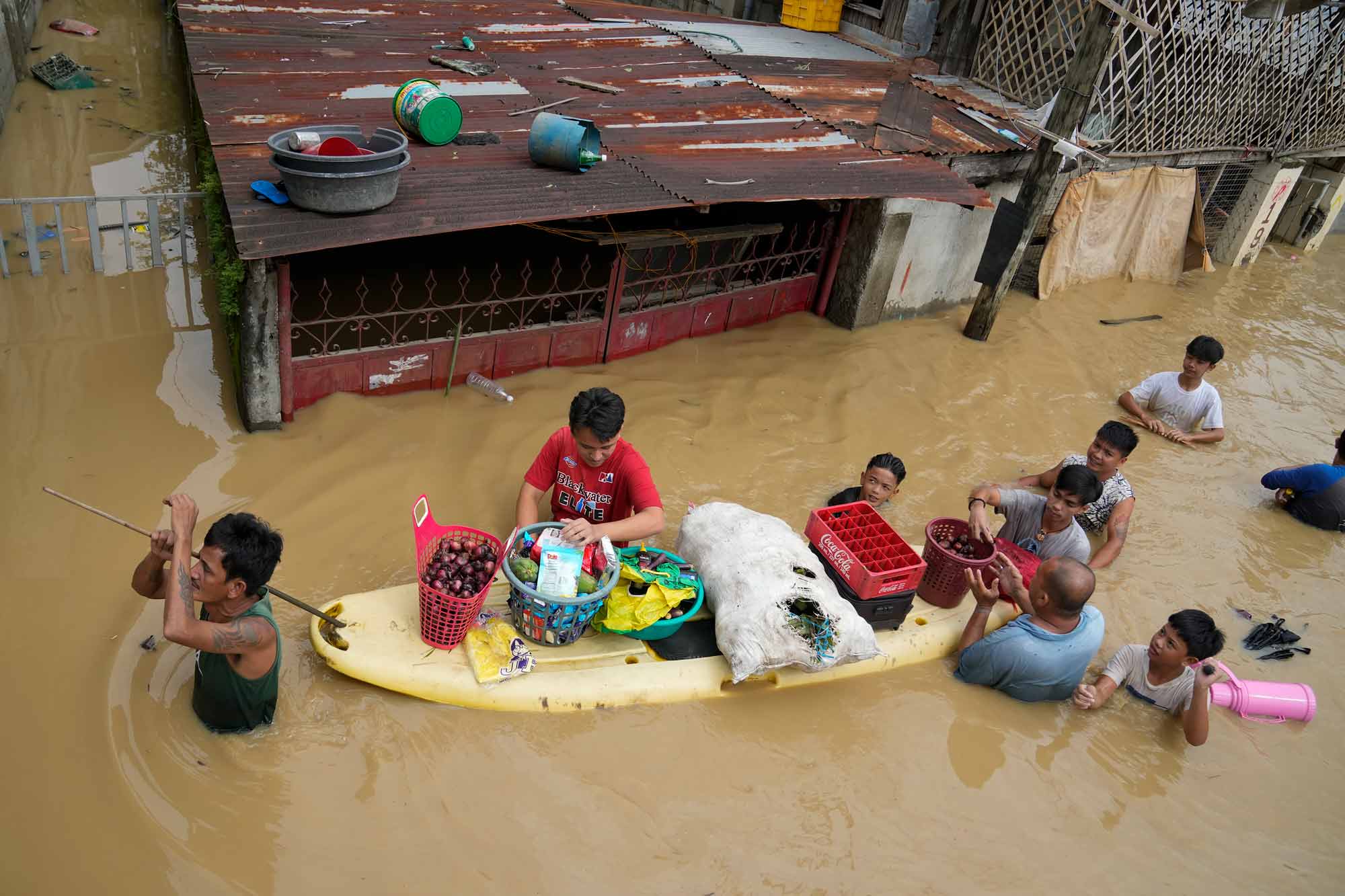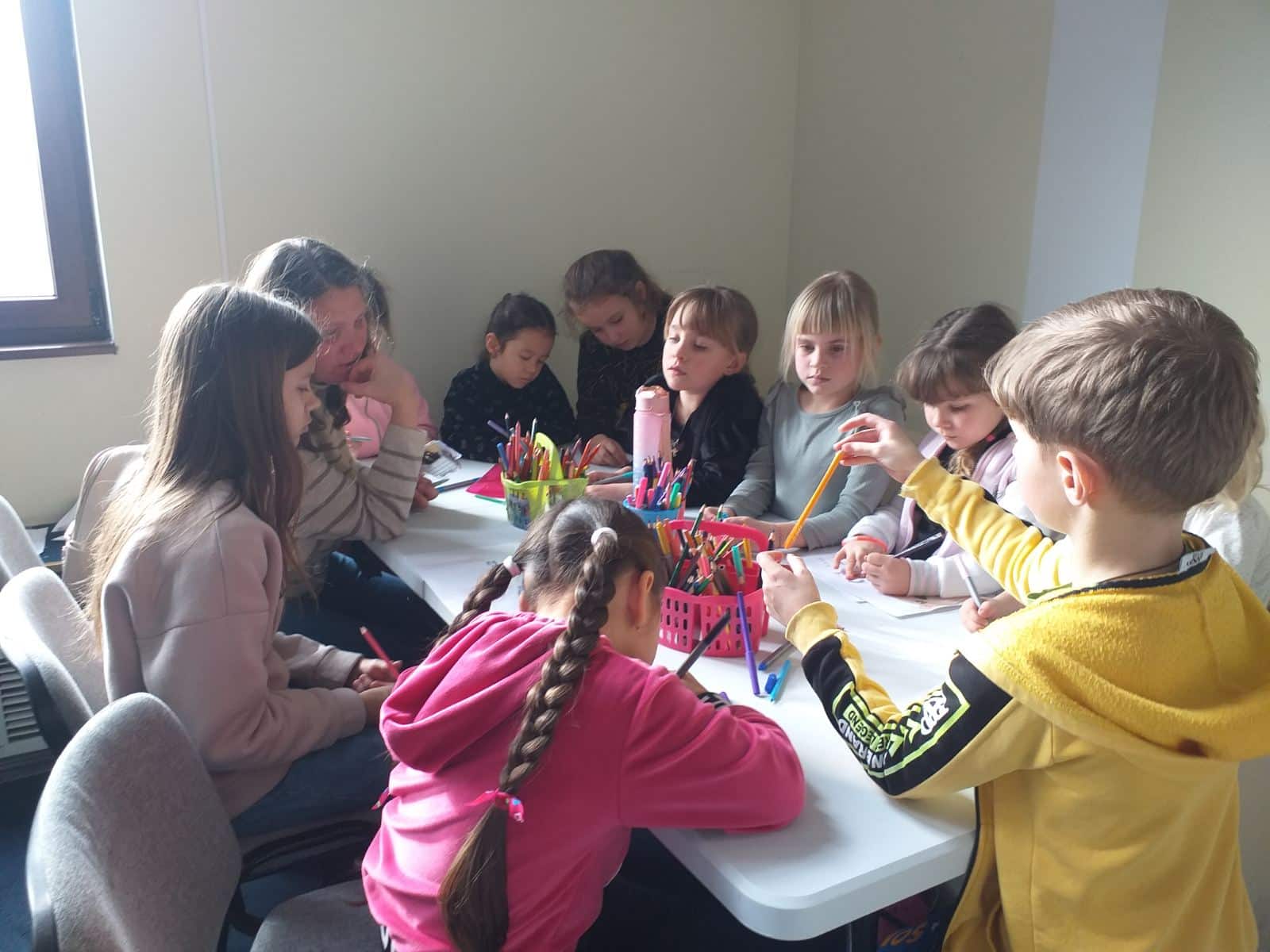Community Relief Work Eases Hostility: Cesar’s Story

For more than 20 years, Convoy of Hope partner Cesar Gil has worked in Melilla, Spain. As one of only two land borders that the European Union shares with Africa, it represents a doorway for refugees looking for a better tomorrow.
Through relief distributions, Convoy of Hope partners with Cesar to provide help to refugees and migrants in need. But for more than a decade, Cesar and his team have endured shouts and slurs, thrown rocks, bombings, and vandalism at their church.
“Since day one, they started to throw rocks while we were inside the tent … every time, every day,” Cesar said.
Although many communities in Melilla and neighboring Morocco were grateful for the help, Cesar and his team couldn’t serve other immediate locations due to the threats and hostility leveled against them.
As the pandemic unfolded, people could no longer travel to neighboring communities. Unaccompanied minors and runaways had to create makeshift quarters in street sewers, tunnels, and caves. Unemployment levels and lack of food transcended the differences that previously existed between refugees and those who despised them.
“The pandemic came and nobody had jobs, nobody had really any work,” said Cesar. “Inside the houses, they live with four families. Imagine the pressure — four families in one house using one bathroom.”
These new regulations and travel restrictions made it difficult for Cesar’s team to continue their work the way they once did. Instead, they pivoted to serve people in more immediate communities who were struggling. Using the surplus of food parcels they had because of the new restrictions, they reentered aggressive communities in hopes that people would be more receptive in their time of need.
These gestures of kindness and consideration broke down the walls of hostility and paved a way for the conversations Cesar had been longing to have with this community.
“We just kept showing them love,” Cesar said. “We realized that the only thing we could do was love them.”
One border closing led to another being opened. Now, instead of hurled rocks and bombs, these neighbors greet each other with hand waves and blow kisses.

